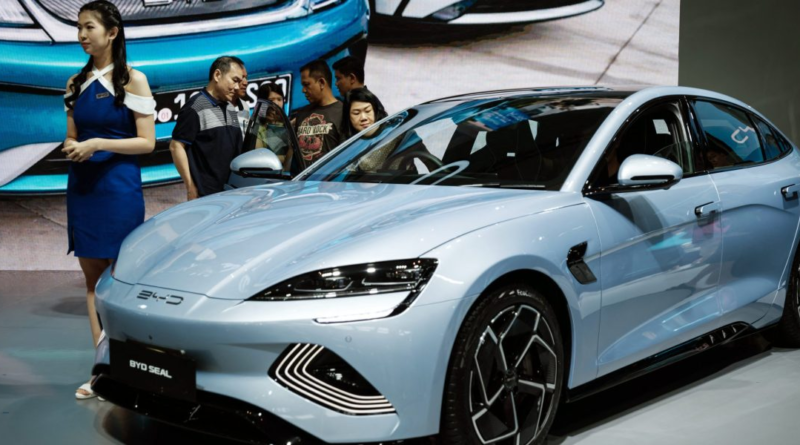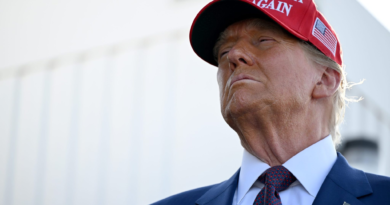China's brutal EV war forces BYD to cut starting price for its flagship Tesla Model 3 competitor
Wedbush Securities tech analyst Dan Ives returned from a trip to Asia this month with good news—the brutal war for control over China’s EV looked like it was subsiding as prices bottomed out.
“There is a sense from industry checks within the country and region that many of these price cuts are starting to subside into spring/summer, which is good news for Tesla and the EV industry,” he predicted two weeks ago.
But ‘starting’ may prove to be the operative word as Elon Musk’s arch rival, Chinese EV maker BYD, just lowered the bar to purchase its flagship Seal EV sedan, a contender for 2024 World Car of the Year.
According to a report by motoring website CnEVPost on Monday, the Warren Buffett-backed carmaker cut the asking price by 10,000 yuan to 179,800 yuan ($25,000), a reduction of 5%.
BYD then went on to double that to 20,000 yuan for two of its higher trim Seals. Finally, the top-end version with dual motors for all-wheel drive now retails for 249,800 CNY, or 30,000 less than what was previously asked.
And now finally another look at the Top Three contenders for the 2024 World Car of the Year. All are EVs, but couldn’t be more different from each other in most other ways. BYD Seal, Kia EV9, Volvo EX30. #WCOTY #WCOTY20
@sidpatankar pic.twitter.com/SqO8Dmk75O
— World Car Awards (@WorldCarAwards) March 22, 2024
Positioned for more affluent customers, the Seal is one of China’s best bets for conquering western markets. Alongside the Kia EV9 and Volvo EX30, it is one of only three contenders that could drive away with the top prize when the World Car of the Year jury announces their awards at the New York Auto Show on Wednesday.
Price cut arrives at sensitive juncture for Tesla
For any western carmaker trying to keep pace with China’s rapidly evolving EV industry, the cut to BYD’s prices only further raises the stakes in the world’s largest car market. If you’re Elon Musk, however, it could prove to be an even bigger threat.
That’s because the Chinese brand eclipsed Tesla as industry leader in the fourth quarter on the back of models that do not pose any immediate threat to the entrepreneur. Every time a BYD Dolphin or Seagull is sold, it only poaches customers that would have likely cross-shopped other Chinese brands—ditto for its plug-in hybrids sold under the ‘DM-I’ line.
BYD is celebrating a huge milestone as the world’s first automaker to roll off its 7 millionth NEV, an all-new DENZA N7.
Stay tuned as BYD continues to lead the charge toward green mobility.#BYD #BuildYourDreams pic.twitter.com/HDLOZJ0vol
— BYD Global (@BYDGlobal) March 25, 2024
That’s not the case with the Seal. The all-electric version of the BYD sedan positions itself as a direct rival to the Model 3, responsible for just over a quarter of Tesla’s global sales.
The Seal’s price cut comes at a sensitive juncture for Tesla. Late last year, the M3 received a sportier look, refreshed interior and some improvements to its performance. This extensive facelift to the nearly seven-year-old car, dubbed the “Highland”, was sorely needed to sustain volumes at a time when Tesla is scraping the barrel for vehicle sales growth after years of expanding deliveries by 50% or more.
Tesla doesn’t break out sales of its cars by market, but the M3 Highland first launched in China, signaling it is likely the car’s single largest market. If the price cuts to the Seal prove a hit with well-heeled Chinese EV buyers, Musk’s could struggle mightily to grow Model 3 sales beyond the half a million vehicles delivered to customers last year.




